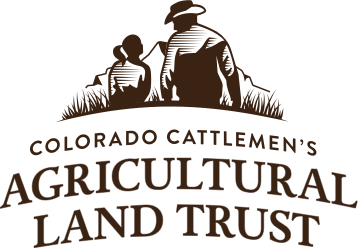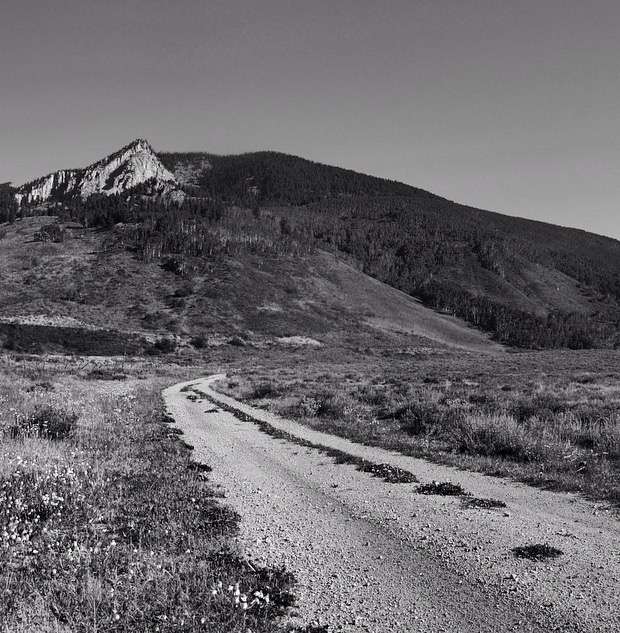The Road Less Traveled – Written By Carey RIichardson
Colorado is so full of scenic drives, so many that it’s hard to pick a favorite, and no matter how many times I drive the same road I never seem to tire of the views out the window. The wildflowers. The waterfalls tucked into the rocks. The contrast between the stark white snow-covered peaks and the deep blue sky where they meet on the horizon. But there is one drive I’m partial to above all others – the drive home.
I live adjacent to a state park, so the road home passes through several acres of open space as it winds from Denver south toward the Red Rocks of Roxborough. There are a handful of ranches with horses and cattle on either side of the road, and directly in front the mountains reach into the sky. Right now, thanks to a wet spring, they are a vibrant green.
The scenery on my drive home isn’t as dramatic as that of a mountain pass, but it evokes the same feelings. A sense of peace as I leave the chaos of the city behind me. A sense of wonder as I stare at the mountains before me, and gratitude as I recall the many times those mountains have provided family memories. A sense of awe at how vast and endless the fields are. Some people may find the remote drive tedious. I find it rejuvenating. And a little tragic. Tragic because that land will soon be developed.
I’m not opposed to development, and if they build schools and shops and restaurants as the site plan suggests I may even one day enjoy it. But right now I’m afraid of it. What was once ‘The Road Less Traveled’ will now be the equivalent of a freeway to my little community. Wildflowers and cattle will be replaced with track homes and stop signs. A view that once stretched for miles will now stop in someone’s backyard, lost forever. Lost because there was no foresight to preserve that land.
We don’t think about changes like this until they threaten to impact our lives, but we should. We should because development can be disruptive. It can displace wildlife, hinder or eliminate farming and ranching activities, even remove sources of recreation. It’s hard to grasp how any of this really impacts us because even in Colorado we don’t often see wildlife unless we’re looking for it; we’re accustomed to getting our food from grocers or farmer’s markets, not our own yards; and we’re fortunate to have a vast amount of recreational activities at our disposal. But this way of life is subject to change if we don’t protect it.
Colorado lost 2.5 million acres of agricultural land in the last 40 years, and is projected to lose one million more by 2030. We may not see this land every day, but we will feel the ripple effects of its loss. Wildlife populations will suffer if they can’t access winter feeding/breeding grounds. Food prices may increase as access to valuable grassland is removed. More scenic drives will disappear, taking with them opportunities for inspiration and exploration.
I didn’t give much thought to the impact development would have on me personally until it was happening in my backyard, literally. I thought Colorado was so vast it would be impossible for development to put a dent in the great open spaces I use to connect to my family, friends and the outdoors itself. For now that may be true, but as the population continues to grow we have a responsibility to ensure a healthy balance between development and preservation. The Colorado Cattleman’s Agricultural Land Trust (CCALT) is an organization that works toward this balance, and by supporting them I know I’m doing my part to contribute toward a healthy future for Colorado.
My favorite drive is about to change forever. I’m skeptical about that, though in the long run I might come to appreciate it; some development is necessary and well-planned. But I realize now what I’m about to lose, and I can’t help feeling nostalgic. I may not have owned that land. I may not have had access to use it. But I appreciated it in its untouched state, and part of me wishes it would stay that way, just as I hope much of Colorado stays that way. Fortunately, now I know how I can help make that happen by supporting CCALT.

